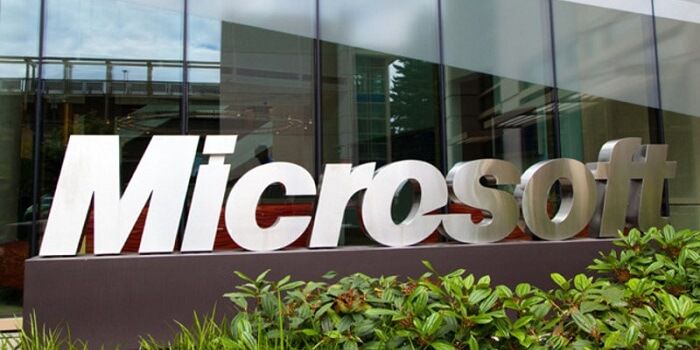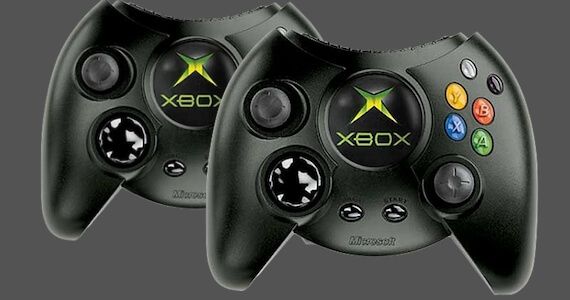Today, Microsoft is so well entrenched in the video game landscape that many won't remember the era before the Xbox hit the scene. Back then, the tech giant's entry into the industry was far from a sure-fire hit — and, as it turns out, the company was considering a rather outlandish plan to capture its share of the marketplace.
Xbox co-creator Seamus Blackley discussed the build to the launch of the original Xbox with GI.biz earlier this week, and revealed that Microsoft briefly considered giving the console away for free. It's a classic example of the razor and blades business model: the games themselves are the end product, so giving away the box allows as broad a marketshare as possible to market those products towards.
It seems that Microsoft is still in favor of this model — later this year, the company is expected to release the latest version of their Windows OS for free, to encourage as many users as possible to upgrade. There are plenty of benefits to this plan, but increasing the amount of potential customers with access to the Windows Store is likely one of the most important.
Indeed, this model is becoming increasingly prevalent in today's video game industry. Free-to-play games represent a slight variation on the idea, with players being given the base game for free under the assumption that they'll end up spending more money over the course of the time with their game — albeit in short bursts.
However, there's also resistance to this sort of idea. Nintendo has typically elected to sell consoles at cost for much of its lifespan, unlike other companies that take a hit in profits on the machine itself in order to attract consumers to its device. As such, the company has largely managed to separate itself from the competition between Microsoft and Sony.
Part of the reason that Microsoft could even consider such a strategy as giving the Xbox away for nothing is because of the company's enormous financial backing. In fact, there were several such plots in the works to take advantage of the money going into the Xbox project — Blackley also notes that some members of the Xbox team were keen to pursue an outright purchase of Nintendo.
As it goes, Microsoft didn't need these schemes to tap into the video game market, as interesting as it is to hear about them after the fact. That said, it does raise an interesting question: would a free Xbox have changed the way the console wars turned out in the 2000s?
Source: GI.biz


